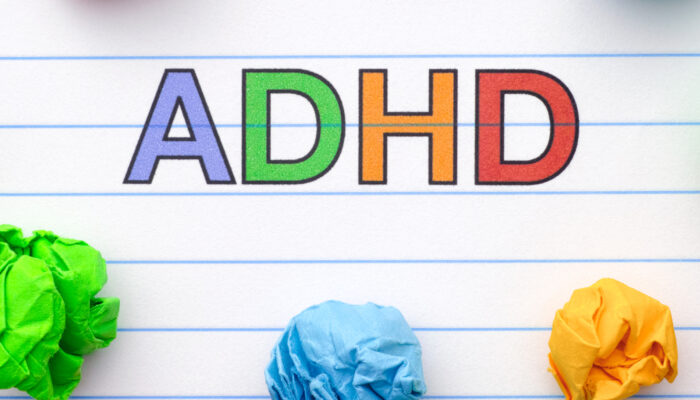
Foods To Help Manage Depression
Depression is a mental illness that can affect every aspect of a person’s life. The low moods will impact the way one sleeps, eats, and even interacts socially. Since there is a relation between depression and dietary choices, the symptoms can be better managed with modifications to the diet. Including mood-boosting foods is one of the ways to do this. Here are some dietary choices that can help use the relation between depression and diet to manage the condition:
Be aware of harmful food practices
Harmful food practices have a strong link to the development of depression, and a poor-quality diet comprising oily, greasy, deep-fried foods with unhealthy ingredients is one of the primary causes of depression. Studies indicate that unhealthy foods are rich in detrimental omega-6 fatty acids and lack inflammation-fighting and healthy omega-3 fatty acids.
Avoid trigger foods
Fast foods, bakery products, sugar-loaded foods and beverages, baked goods, refined cereals, and foods like noodles, alcohol, processed meat, chocolates, fried food, refined bread and pasta, high-fat dairy products, and “light” salad dressings, are associated with several mental disorders. They should be avoided by everyone, irrespective of whether they have depression, as they provide empty calories and no real nutrition.
Follow a healthy diet pattern
Healthy diets keep depression away, and people who eat traditional recipes with locally available, seasonal fruits, vegetables, and grains enjoy better health, both physically and mentally. Eating homemade meals with fresh ingredients throughout the day also provides sustained energy that lasts longer. A variety of colored fruits and vegetables, whole grains, lean meat, fish, and seafood, and healthy oils should be included in the daily diet. The food pyramid should be diligently followed to prevent depression.
Consume wholesome foods
A healthy diet meal plan should contain an adequate mix of all vitamins, calcium, proteins, fats, carbohydrates, trace minerals, and clean drinking water. The proper functioning of the brain cells requires sufficient nutrients from a variety of different foods. Nourishing foods help the body fight diseases and prevent aches and pains, and it results in a powerful mind that is strong and active.
Get adequate omega-3 fatty acids
The role of omega-3 fats for optimal mental health, especially for preventing depression, is a much-emphasized topic. These essential fatty acids are not naturally produced by the human body, so dietary sources are the only way to get them. Consuming rich sources of omega-3 fats like cold-water fatty fish (mackerel, tuna, herring, salmon, swordfish, pilchards, and trout), walnuts, avocados, flax seeds, and canola oil is important to fight depressive symptoms. The anti-inflammatory properties of these healthy fats and their positive effects on hormones and neurotransmitters help treat various types of depression. They are proven and potent natural anti-depressants.
When it comes to the relation between depression and dietary choices, one should also increase their intake of foods with vitamin B complex, vitamin D, amino acids, and chromium.



